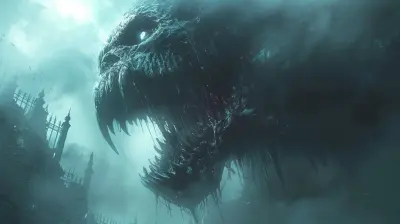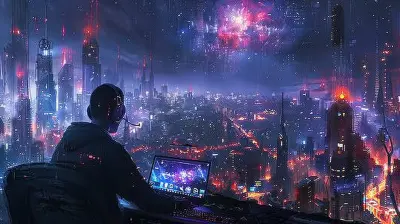How to Build Hype for Your Indie Game Before It's Released
20 June 2025
Let’s be honest, making an indie game is a monumental task. You've poured your heart into it, spent countless nights tweaking and debugging, and now the question looms: how do you get people excited about your game before it’s even out? The truth is, building hype for an indie game isn’t just about promoting; it’s about storytelling, engagement, and creating a community that genuinely cares. But where do you even start? No worries—I’ve got you covered.
In this article, I’m going to show you how to generate excitement for your indie game and ensure that when launch day arrives, people are ready (and eager) to play.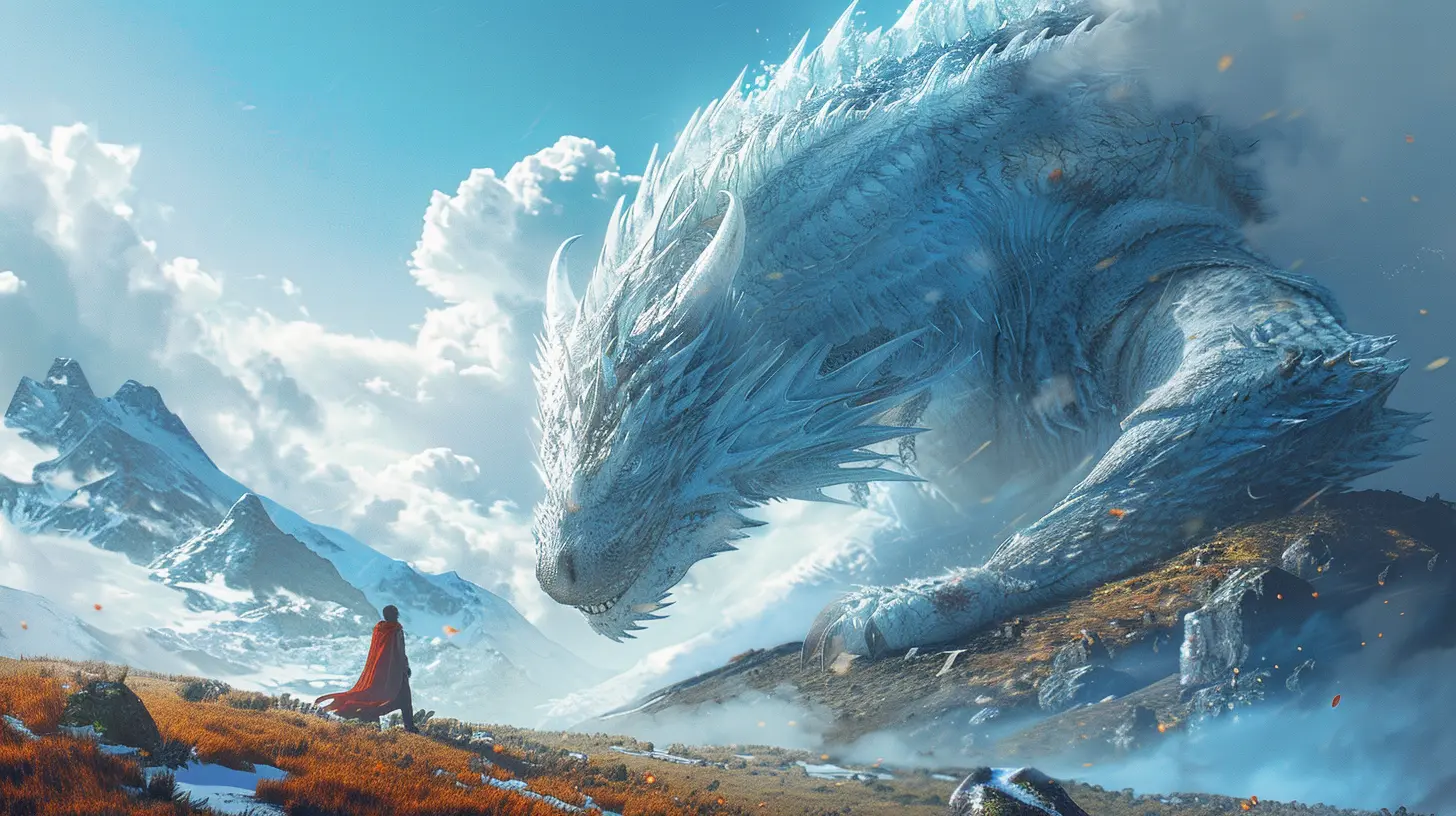
Why Building Hype is a Game-Changer
Before we dive into tactics, let’s talk about why building hype is so crucial. Think of it this way: your indie game is a party. If no one knows it’s happening, your party is going to be... well, pretty lonely. But if you start sharing snippets of the crazy decorations, the killer playlist, and the snacks you’ve prepared, people will want to show up.Building hype creates anticipation. It helps you stand out in a crowded marketplace and gives your game a fighting chance to succeed. The indie scene is competitive, and the earlier you start making noise, the better.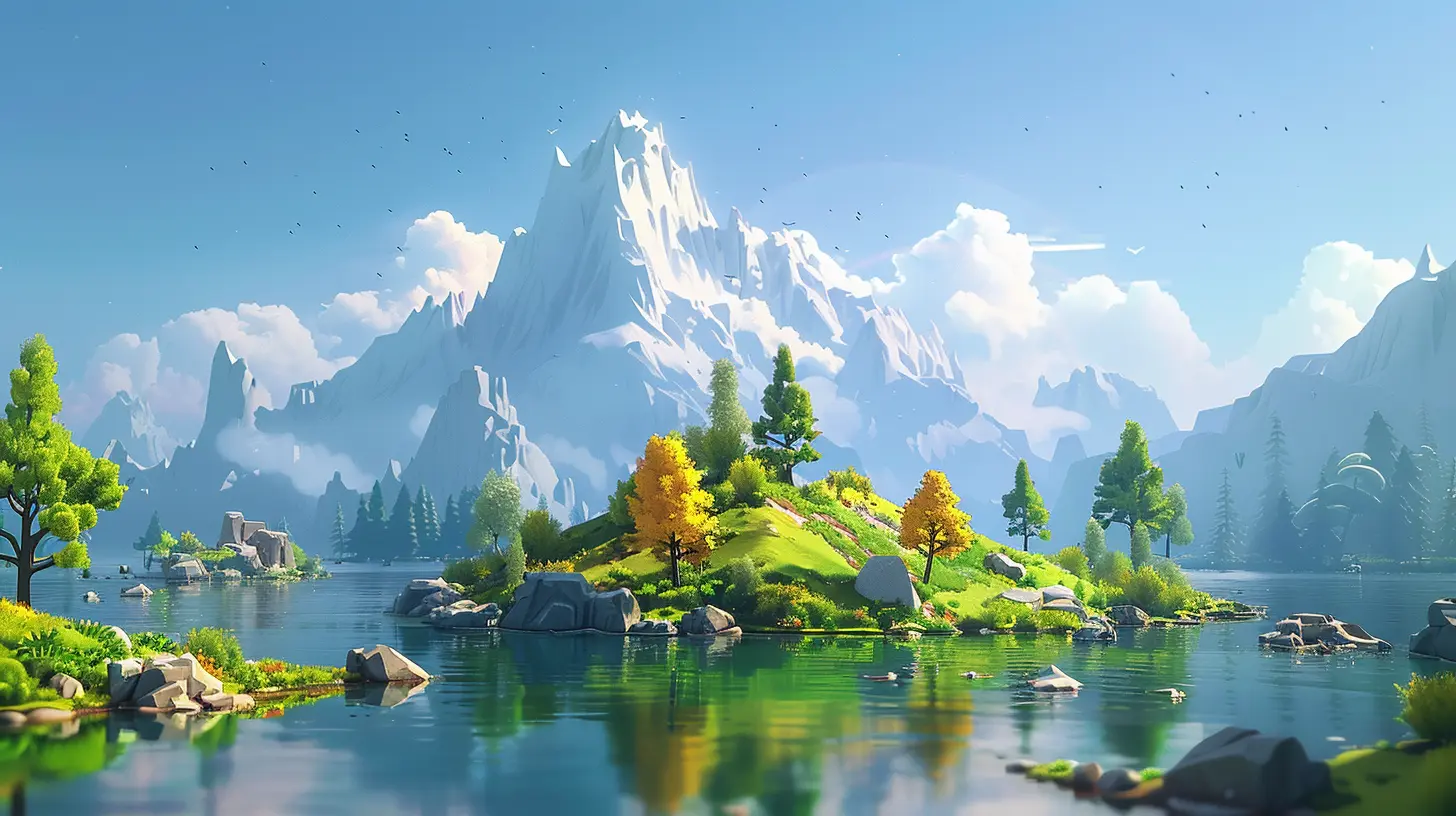
Start With the Basics: Define Your Target Audience
Who’s Your Game For?
Before you start shouting about your game from the rooftops (or Twitter), you need to know who you’re trying to reach. Is your game a pixel-art dungeon crawler for nostalgic roguelike fans? Or maybe it’s a cozy narrative adventure for casual gamers? Understanding your target audience is like figuring out which key unlocks the door—it’s the foundational step to everything else.Ask yourself:
- What types of games does my target audience already play?
- What online spaces do they hang out in (Reddit, Discord, Twitch, etc.)?
- What problems does my game solve for them, or how does it offer something unique?
Once you’ve nailed your audience down, everything else—your marketing tone, platforms, and strategies—becomes much clearer.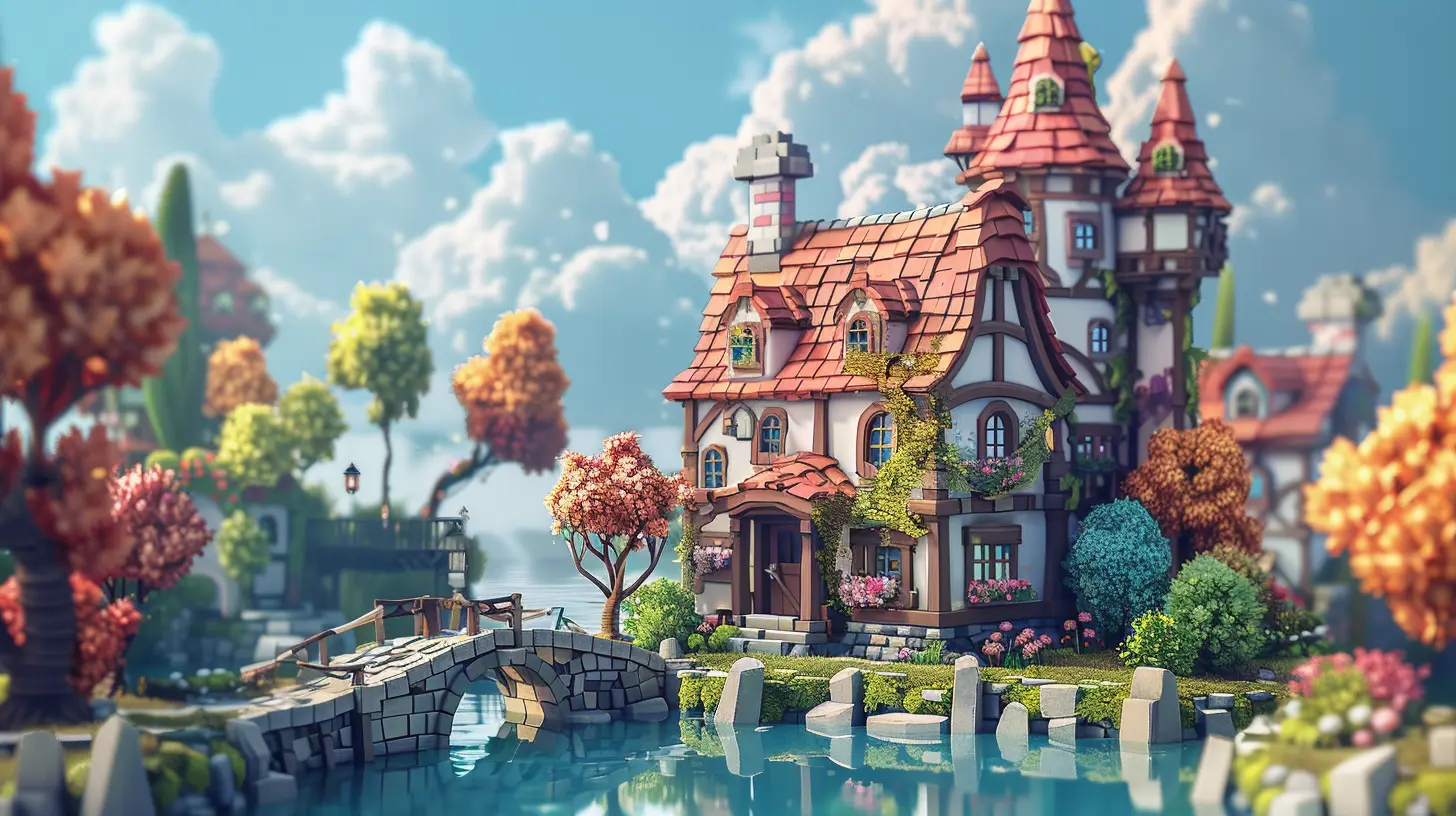
Build Your Game’s Online Presence Early
You know that saying, “If a tree falls in the forest and no one’s around to hear it, does it make a sound?” Well, your game is the tree, and the forest is the internet. If you’re not online, you’re invisible.1. Create a Killer Website
Think of your website as your game’s digital home. It doesn’t have to be fancy, but it should be functional and aesthetically aligned with your game’s style. Include:- Screenshots and a teaser trailer (if you don’t have one yet, even a GIF of gameplay works wonders).
- A description of your game, highlighting its unique features.
- A sign-up form for your newsletter (we’ll talk about why this is gold later).
Keep it clean, easy to navigate, and most importantly, up-to-date.
2. Get Active on Social Media
Social media is where you build connections, share progress, and most importantly, let people see your passion. Platforms like Twitter (now X), Instagram, and TikTok are goldmines for indie game devs. Each platform has its own vibe:- Twitter/X: Great for engaging with other developers and sharing your game’s progress.
- Instagram: Perfect for sharing visual content, like concept art, polished screenshots, or short gameplay clips.
- TikTok: A holy grail for viral potential—show off behind-the-scenes sneak peeks, funny moments, or even tutorials on how you’re building the game.
Pro tip: Don’t just post and ghost. Engage with your followers, respond to comments, and be part of the community.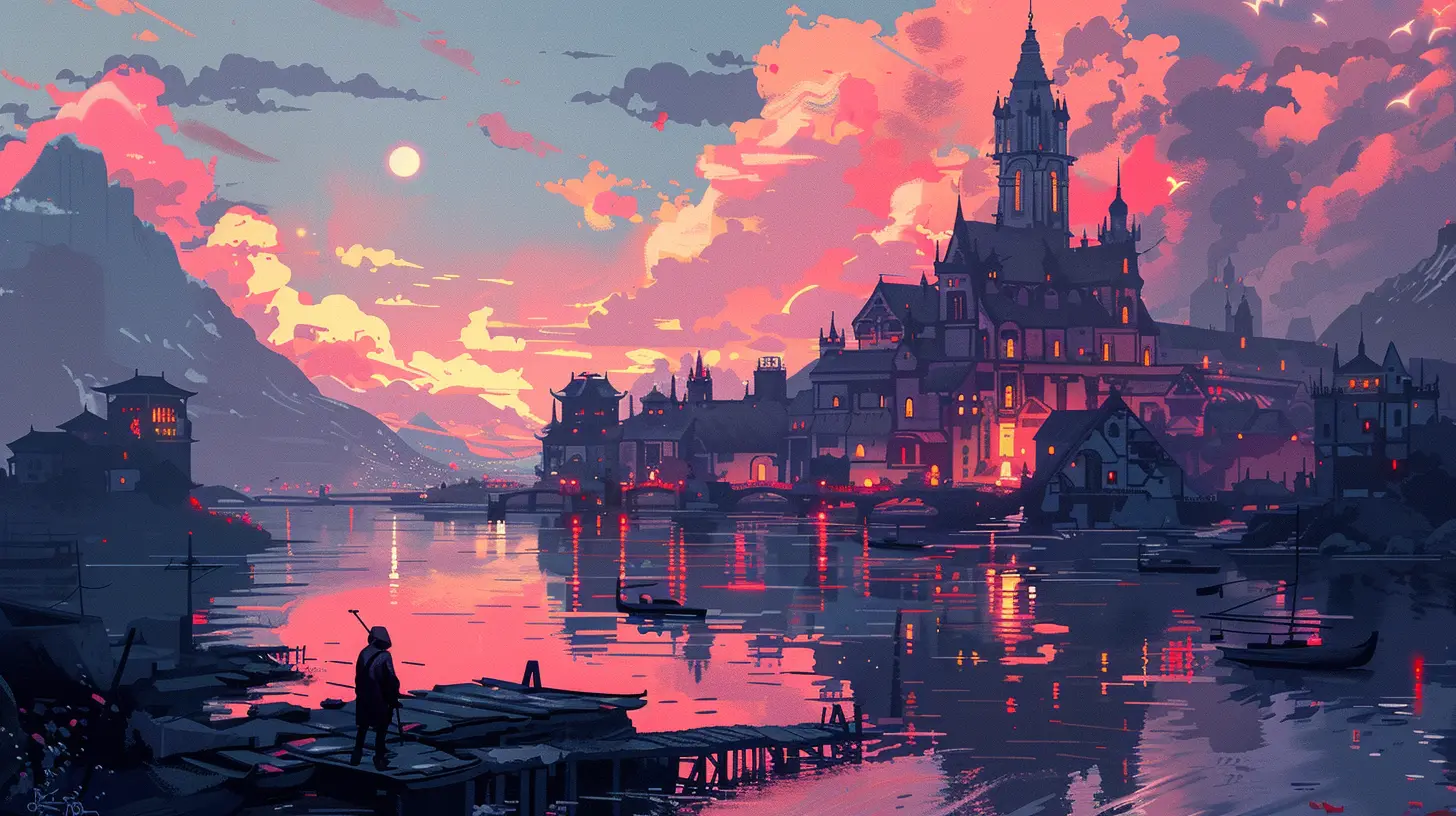
Share the Journey, Not Just the Destination
People don’t just want to play your game—they want to feel like they’re part of the journey. Sharing your development process can make your audience feel invested and connected. It’s like watching a reality show and rooting for your favorite contestant; the more you relate to them, the more emotionally tied you are to their success.1. Post Devlogs
A devlog (short for development log) is a journal about your game’s creation process. You can write blog posts, record YouTube videos, or even make TikToks about:- Challenges you’ve faced and how you overcame them.
- Cool features you’ve recently added.
- Funny bugs or glitches you encountered along the way (everyone loves a good laugh).
2. Host Live Streams
Platforms like Twitch and YouTube are excellent for streaming your development process. Show off your coding, level design, or even just chat with your audience while working on the game. It’s a fantastic way to build a community and humanize your brand.Tease, Don’t Overshare
Ever watch a movie trailer that gave away the whole plot? Annoying, right? The same goes for building hype around your indie game. You want to give people just enough to reel them in but not so much that they feel like they’ve already played the entire game.1. Create a Teaser Trailer
A teaser trailer is your game’s elevator pitch in video form. Don’t worry if you’re not a pro editor—tools like DaVinci Resolve or Canva (yes, Canva has video editing now!) can help you create one. Keep it short (30-60 seconds) and focus on creating intrigue rather than showing everything.2. Share Bite-Sized Content
Post snippets of gameplay, animations, or artwork without revealing too much. A GIF of a character performing a cool move? Perfect. The entire plot of the game? Save that for later.Build a Community Around Your Game
Let’s face it—gamers love being part of a community. They want to talk about theories, share fan art, and just nerd out about your game. Creating a space for this can do wonders for your game’s buzz.1. Set Up a Discord Server
Discord is one of the best tools for fostering a community. Create channels for your game where people can:- Share ideas or feedback.
- Report bugs (if you’re running a beta).
- Interact with you and their fellow fans.
Engage with your community regularly, and make them feel heard. A quick “thank you” for fan art or a response to a thoughtful question can go a long way.
2. Collaborate With Streamers
Reach out to small- or medium-sized Twitch streamers and YouTubers who might enjoy your game. Offering them early access or a preview build can help spread the word. Their excitement will naturally translate into buzz for your game.Don’t Underestimate the Power of Email Marketing
Now, I know what you’re thinking: “Email? Isn’t that old-school?” Maybe. But it still works. An email list is one of the most direct ways to communicate with your audience and ensure they don’t miss important updates.How to Get People to Sign Up:
- Offer exclusive content, like behind-the-scenes looks or early access to your demo.- Share the sign-up link on your website and social media.
- Promise (and deliver!) valuable, entertaining updates.
Timing Is Everything
While hyping your game is crucial, you don’t want to burn out your audience too early. If you start too soon, people might lose interest before launch day. A good rule of thumb? Start building buzz about 6-12 months before release, depending on your game’s scope.Final Thoughts: Be Authentic, Be Consistent
The key to building hype for your indie game is authenticity. People can sense when you’re genuinely passionate versus when you’re just trying to sell them something. So share your excitement, engage with the community, and remember that your story is just as important as the game itself. Building hype isn’t an overnight process—it’s a journey. But if you do it right, it’ll pay off.Now go out there and make some noise. Your game deserves it.
all images in this post were generated using AI tools
Category:
Game DevelopmentAuthor:

Greyson McVeigh
Discussion
rate this article
2 comments
Faye Wells
Great article! Building hype can be tough, but it’s so exciting to see indie games get the recognition they deserve. I love the idea of engaging with the community early on—nothing beats a passionate fanbase to help spread the word!
February 2, 2026 at 3:40 AM
Taylor Hardy
Building hype for your indie game starts with a strong online presence. Utilize social media, engage with your audience, share teasers, and collaborate with influencers to create excitement before launch.
June 30, 2025 at 4:01 PM

Greyson McVeigh
Absolutely! A strong online presence is crucial. Engaging with players and leveraging social media can significantly boost excitement for your indie game.

